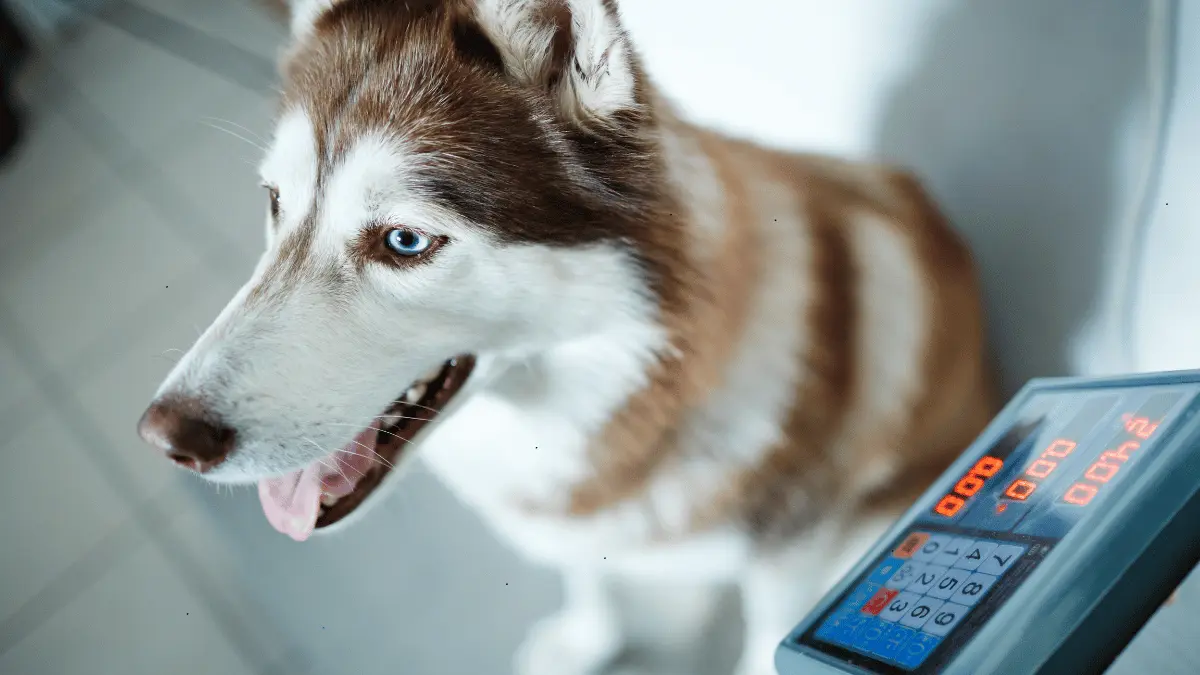Understanding the Reasons Behind Your Dog’s Yawn
Have you ever wondered why your furry friend yawns so much? While humans often yawn as a sign of tiredness, the reasons behind a dog’s yawn can be more complex. Let’s delve into the various factors that might trigger your dog’s yawning.
1. Fatigue and Rest:
- Sleepiness: Just like humans, dogs yawn when they’re tired or need to rest.
- Post-meal Slump: After a hearty meal, your dog might experience a temporary lull due to digestion.
2. Stress and Anxiety:
- Overwhelm: If your dog feels overwhelmed or anxious, yawning can be a sign of stress.
- Unfamiliar Environments: New places or situations might cause your dog to yawn.
3. Boredom and Lack of Stimulation:
- Mental Exercise: Yawning can indicate that your dog is bored and needs more mental stimulation.
- Physical Activity: A lack of physical exercise can also lead to yawning.
4. Social Interactions:
- Greeting Others: Dogs might yawn when greeting a new person or animal.
- Playing: Yawning can be part of a dog’s playful behavior.
5. Health Issues:
- Pain or Discomfort: In some cases, yawning can be a sign of underlying health issues like pain or discomfort.
- Dental Problems: Dental problems can cause discomfort and lead to yawning.
If you notice your dog yawning excessively or accompanied by other symptoms, it’s essential to consult with a veterinarian. They can help rule out any health concerns and provide appropriate advice.
To keep your dog happy and healthy, ensure they get enough sleep, exercise, mental stimulation, and social interaction. By understanding the reasons behind your dog’s yawning, you can better meet their needs and provide a fulfilling life.
Keywords: dog yawning, reasons for dog yawning, dog health, dog behavior, dog stress, dog anxiety, dog boredom, dog dental health, dog fatigue, dog sleep, dog exercise, dog social interactions














